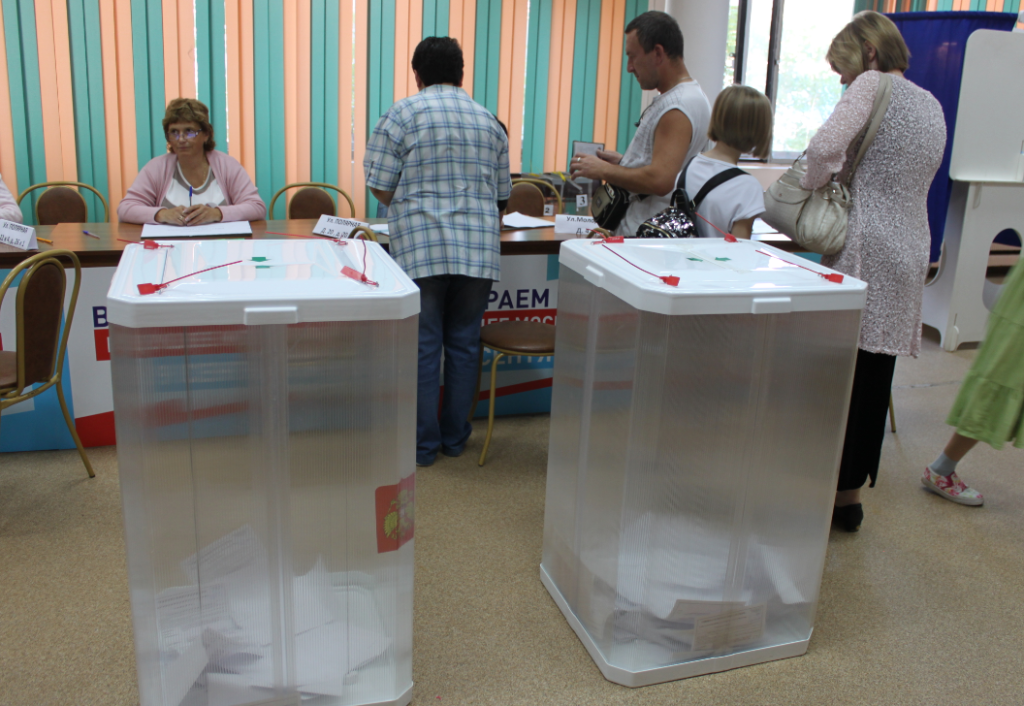To entice Russians to the polling stations, there are competitions where they can win iPhones, cars, and more.
Others are reading now
In a distinctive approach to invigorate voter participation in the presidential election, Russian officials are not shying away from employing unconventional methods. The lure of freebies—ranging from everyday essentials like bread rolls and porridge to the more extravagant prizes such as new cars and the latest iPhone models—is being offered to coax citizens to the polls.
The election, which commenced on Friday, is under scrutiny from Western analysts over concerns regarding the anticipated low voter turnout.
Despite predictions of a sweeping victory for President Vladimir Putin, there’s apprehension that a less than stellar voter participation could question the legitimacy of the election process, widely criticized as rigged.
The Kremlin’s Strategy
The Institute for the Study of War has pointed out the Kremlin’s strategic push for high turnout as a means to project an illusion of democracy and popular support for Putin.
Meduza, an independent Russian news outlet, highlighted the Kremlin’s target for voter turnout to be between 70 to 80 percent, focusing on mobilizing those with government affiliations and their extended networks.
From Sweeteners to Tech Gadgets
Across various regions, the incentives range from the simple to the lavish. In Omsk, young voters are being enticed with free rides on the local Ferris wheel, while in the Altai region, the promise of sanctioned luxury items like iPhone 15s and Dyson Airwraps is being used to draw crowds.
The Sverdlovsk region ups the ante with a trivia quiz offering cars and motorcycles as top prizes.
However, the election has not been without its hitches.
The online voting system experienced malfunctions due to a high turnout, with reports of some 500,000 Moscow residents casting their digital ballots on the first day. Additionally, Ukraine’s military intelligence claimed to have hacked into Russia’s online voting system, further muddling the process.



